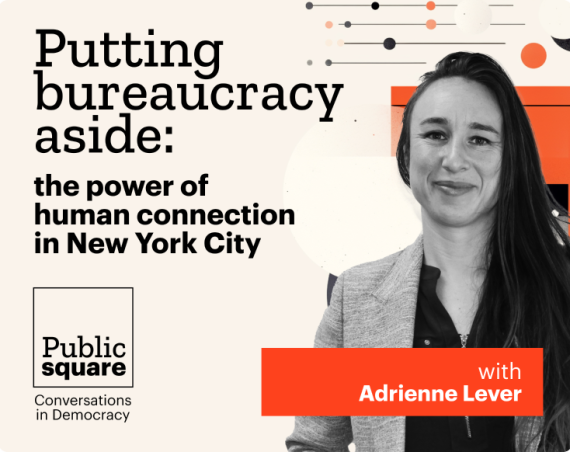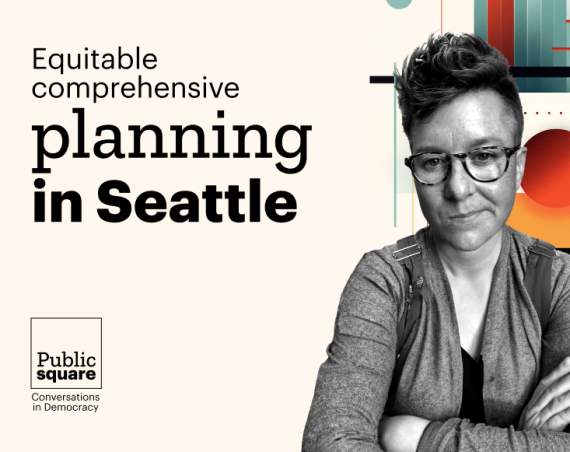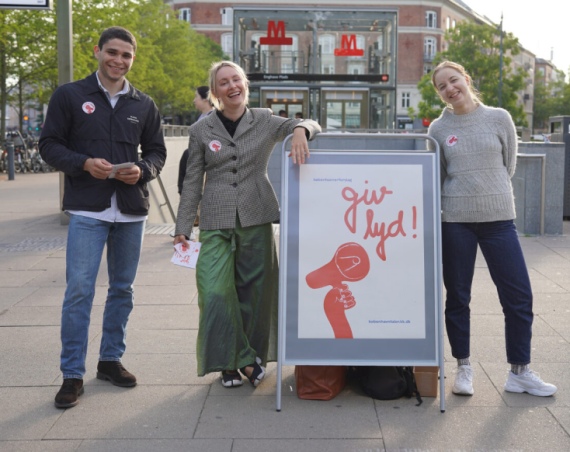Running inclusive and participatory community engagement projects requires meeting people where they are. In part, that means having a plan for multilingual engagement to ensure that everyone in your community has the ability to participate. By removing language barriers, your community engagement efforts will be more inclusive, participatory, and representative.
So, how can your city run multilingual community engagement?
How to run multilingual community engagement
Clear communication is vital to getting more of your community members engaged, and transparency is key to keeping them involved. In addition to having a plan for when to communicate with residents, the “how” must also be developed to account for language access. As Root Policy Research put it, “Language access planning is an important part of creating equitable, culturally dynamic, and welcoming communities.”
Here are 6 language access tips that can help you level up your multilingual community engagement:
1. Understand your community’s language needs
In the United Kingdom, at least 300 languages are spoken. So what does that mean for your city’s community engagement efforts? You need to know who you’re trying to reach. Find out which languages are most commonly spoken in your community to help you prioritise which languages to begin incorporating into your written materials, outreach, meetings, and on your digital engagement platform. Census data and local community organisations are good places to start identifying these linguistic needs.
2. Translate community engagement materials and meetings
Provide translated materials when sharing information about your engagement efforts, and offer the option to engage in multiple languages. CitizenLab’s digital community engagement platform has a multilingual interface so you can add the languages that your community needs most to communicate with one another and with you. Also consider how to make your meetings and events more accessible – can you budget for simultaneous interpretation or include closed captioning for virtual events? Can you include a sign language interpreter? If not, can you adjust your agenda to include formats such as language-specific breakout sessions for discussions?
An online group workshop
3. Go beyond simple translation when possible
Cultural interpretation rather than a literal translation can go a long way in making people feel more comfortable and engaged. Partner with professional interpreters, local community organisations, or bilingual staff for more engaging simultaneous translation of public meetings, and to advise you on the best ways to communicate certain information in a culturally appropriate way.
4. Work with local community leaders on community engagement
Build the capacity of your residents to become local community leaders. Citizen academies, leadership training programs, and opportunities to serve on local commissions – offered in residents’ native languages or interpreted, if needed – can help empower more of your community to get involved long-term and build trust. When offered in multiple languages, these programs have the ability to impact more of your community and get more people engaged in your projects.
5. Be flexible in your multilingual community engagement
Getting inclusion right takes time and iteration, and that is certainly also true for multilingual community engagement. Be ready to make adjustments as you go, accounting for any feedback that you receive in the process. For example, for highly technical topics you may find that written material won’t suffice and that communicating messages using visual tools, such as infographics, helps get information across in a way that is more accessible and encourages greater engagement.
6. Update your community on multilingual options
In the process of improving your language accessibility, don’t forget to communicate what you’re doing. Post signs about meetings that will have translation services in multilingual neighbourhoods or add notices to your website about access to these services so that your residents know about the changes, and how they can participate.
Community engagement for multilingual communities
Our communities are growing, changing, and becoming increasingly multilingual. It’s time for our democratic institutions to meet people where they are so that our local governments can gather more representative community feedback, increase civic participation, and engage communities more effectively.
Read more about inclusive community engagement:




